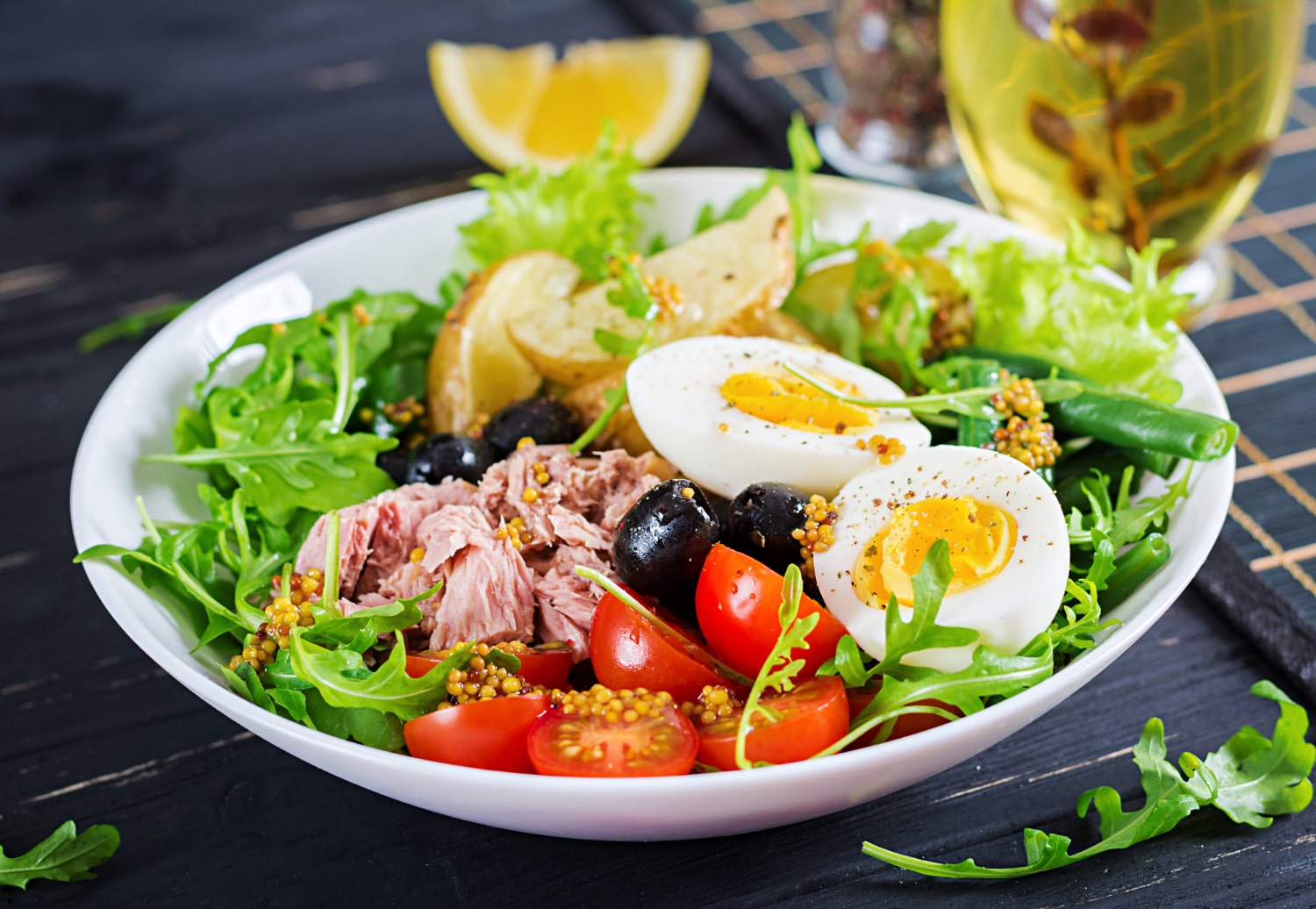
You might be one of the many people who wonder, “Is going organic worth it” when passing by that produce section in your local grocery. You might have asked yourself whether the benefits justified the somewhat higher sticker price.
Organic products offer a host of health perks for you and your family. However, that isn’t the only reason that you should consider sticking to such foods. If you care about sustainability, here’s why organic foods are good for mother earth.
What Are Organic Foods?
The term “organic” has slightly different definitions depending upon the type of food product so labeled. According to the U.S. Department of Agriculture (USDA), farmers may label fresh fruits and vegetables organic if certified grown in soils free from contaminated substances for the past three years.
When it comes to milk, dairy animals must receive organic management for at least 12 months before their products can be labeled. Multi-ingredient products boasting the certified organic label must contain at least 95% organic content. Each ingredient must be grown to standard unless such a product is not commercially available in the United States.
Prohibited substances include most synthetic fertilizers and pesticides. Instead, farmers use blood meal, manure, compost and worm castings to enrich the soil and provide vital nutrients to spur growth. They utilize methods such as crop rotation and plant placement to deter insect pests.
The result is food as free from artificial chemicals as you can find on earth these days. You can sleep better at night knowing that you kept your family as healthy as possible. Even if it wasn’t your original objective, you also did your part to help protect the planet.
Organic Foods Maintain Detoxified Soils
Cleaning up your diet with organic foods is a lot like detoxing from artificial drugs. Indeed, switching to such foods might help those in recovery from addiction by addressing signs of nutritional inadequacies, such as high fasting insulin levels and inability to process carbohydrates.
Organic foods don’t clean up soil contamination, but they can prevent further degradation once rehabilitation occurs. When toxins like pesticides and heavy metals infiltrate soils, it takes time for the organic matter to replenish itself and absorb these contaminants, rendering it once more to its natural state.
Even though you might not eat the result, plants often help in soil regeneration. This process goes by the fancy name of phytoremediation. Plants such as alfalfa and corn often play vital roles in this process, as they thrive best in contaminated soil.
Once the soil goes through several such cleansing seasons, it can once again be used to grow organic crops. However, there is a finite amount of arable land on earth. Farmers who embrace organic practices prevent further soil degradation. When enough switch to these sustainable methods, it could increase the supply of available food to meet a growing population’s needs.
Organic Foods Aren’t Genetically Modified
The USDA prohibits the use of genetically modified organisms (GMOs) in organic products. Farmers may not plant GMO seeds, and meat labeled organic cannot originate from animals fed such products. Packaged foods containing this label may not use any GMO ingredients.
How does ridding yourself of GMOs benefit mother earth? One risk of such products is their impact on non-target soil microorganisms, which play a significant role in preventing soil degradation. While scientists need to perform further research to support the theory that GMOs may contribute to degradation, it only makes sense to take reasonable precautions to leave nature doing what she does best.
Organic Foods Could Help Save the Honeybees
Yet another reason to opt for organic to be good to mother earth has to do with protecting some of her busiest and most useful creatures. Honeybees face an uncertain future, and many of their greatest threats stem from pesticides in agricultural production.
Losing honeybees would create a devastating ripple effect across the entire food chain. Many plants enjoy a symbiotic relationship with certain species, and without their pollination, these species will disappear.
Even plants that don’t rely exclusively on bees for pollination would suffer. Without the contribution of these little buzzers, plants would drop fewer seeds, resulting in less fruit with each subsequent generation. When you combine smaller yields with population growth, it’s easy to see why it’s critical to protect these creatures.
For example, blueberries and cherries rely on bees for 90% of their pollination needs. Imagine for a moment a world with no berry cobbler. It suddenly makes sense to pay a few extra pennies to preserve this legacy for future generations.
Organic Foods Are Good for Mother Earth — Please Dine Responsibly
Organic products are healthier for your family, but they also are kinder to the planet. Now that you know why organic foods are good for mother earth, please make the most sustainable choice when shopping.
You may also like
Essential Food Every Vegetarian Should Eat
5 Homemade Vegan Chocolate Recipes to Try
Natural Herbs and Supplements That Can Promote Energy and Weight Loss
